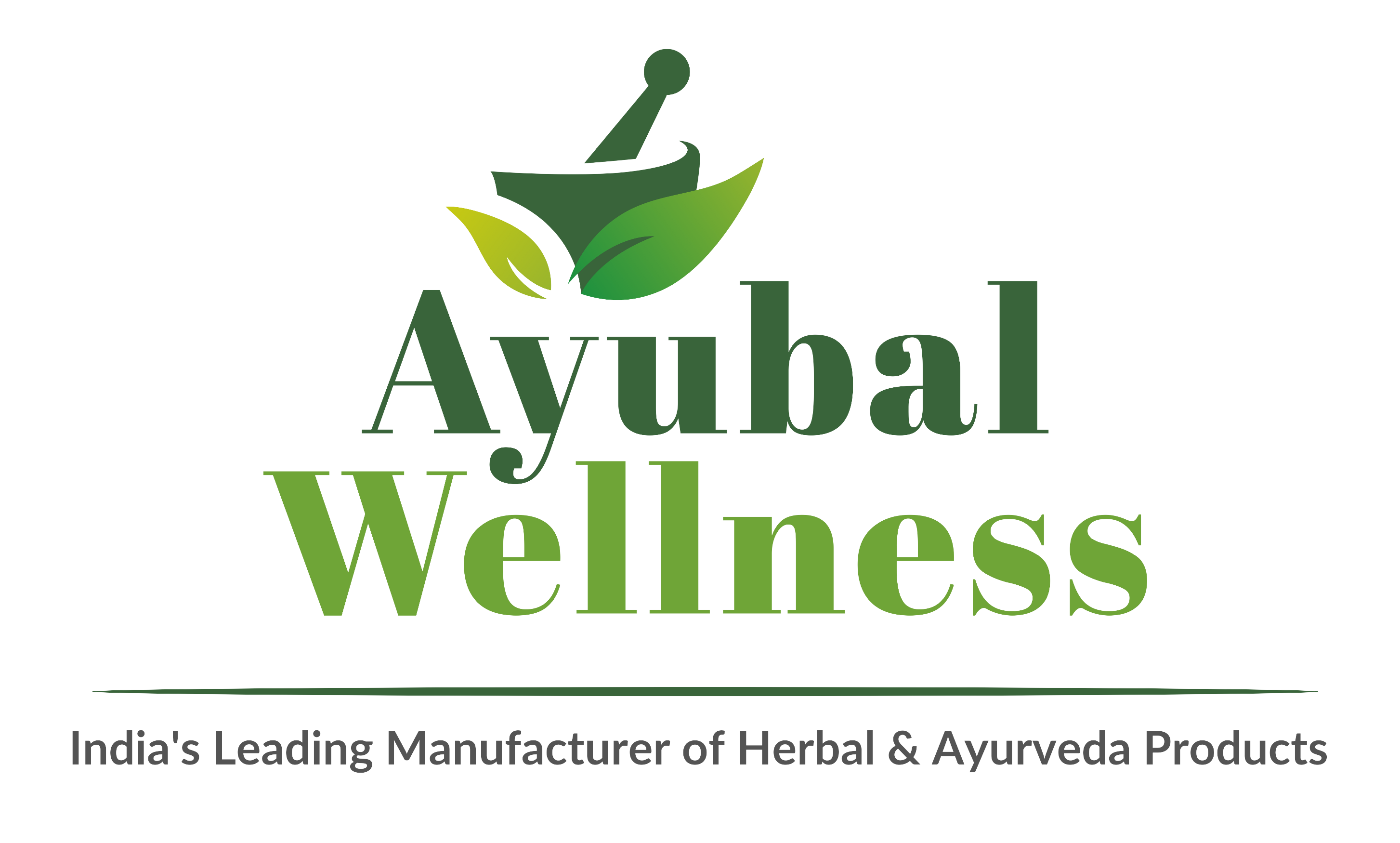The convergence of Ayurveda with private labelling is proving to be a powerful combination. For emerging startups, direct-to-consumer (D2C) brands, digital-first entrepreneurs, and even offline resellers, this synergy presents a low-barrier, high-potential business model. Today, Ayurveda is not just a tradition—it’s a thriving commercial ecosystem, and private label manufacturing is the key that’s unlocking its global potential.
This blog explores why today is a booming year for private label Ayurveda, what makes this trend lucrative for new businesses, and how industry insights are shaping the future of health-focused entrepreneurship.
Ayurvedic Products for Third Party Business
The Global Surge of Ayurveda: Why Now?
Ayurveda Goes Global
Ayurveda is no longer confined to Indian households or spiritual retreats. It has found its way into skincare, haircare, immunity boosters, mental wellness products, nutritional supplements, and even pet care. With consumers across the world turning to plant-based alternatives and ancient remedies, global demand for Ayurvedic products is growing exponentially.
According to recent industry estimates, the global Ayurvedic market is projected to surpass USD 23 billion this year, growing at a strong CAGR. The demand for Ayurvedic personal care and nutraceutical products is especially robust in regions such as North America, Europe, and Southeast Asia.
India’s Role in the Ayurvedic Boom
India, as the birthplace of Ayurveda, is uniquely positioned to lead this global surge. From skilled herbal practitioners to abundant native ingredients and modern GMP-certified facilities, the ecosystem is rich with potential. What’s more, government support through policies like AYUSH, export incentives, and wellness tourism is further bolstering India’s dominance in this space.
Understanding Private Labelling in Ayurveda
What is Private Labelling?
Private labelling refers to the business model where entrepreneurs and companies sell products under their own brand name, but the product itself is manufactured by a third-party expert. In the Ayurvedic domain, private labelling allows startups and D2C brands to launch their own herbal product lines without setting up their own manufacturing infrastructure.
From formulation development to packaging and labeling, everything is handled by a specialized manufacturer, while the brand focuses on marketing, distribution, and customer experience.
Why is Private Labelling Booming today?
The appeal of private labelling today can be attributed to several factors:
- Low upfront investment and reduced time-to-market
- Growing consumer trust in traditional wellness and natural remedies
- Increased accessibility to certified Ayurvedic manufacturing units
- Rising demand for personalized and niche wellness brands
- A strong digital ecosystem supporting D2C business growth
This model has become a goldmine for entrepreneurs who want to build powerful wellness brands without owning production facilities.
Get Custom Ayurvedic Solutions
The Rise of D2C and Niche Ayurvedic Brands
Empowered Entrepreneurs and Digital Transformation
The pandemic catalyzed a major transformation in consumer behavior. Shoppers became more conscious, wellness-oriented, and digitally savvy. Nowdays, the D2C business model continues to thrive, offering Ayurvedic entrepreneurs an edge over traditional retail channels.
Social media, influencer marketing, and eCommerce platforms have opened floodgates for new Ayurvedic brands to reach niche audiences. Entrepreneurs can now create personalized products for target segments—like vegan skincare, Ayurvedic sleep solutions, or immunity blends for senior citizens.
These niche plays are being powered by private labelling. Entrepreneurs are focusing on brand storytelling, packaging aesthetics, and digital engagement—while trusted Ayurvedic manufacturers handle formulation and production.
Scalability Without the Burden of Manufacturing
One of the most strategic advantages of private labelling is scalability without operational complexity. Entrepreneurs don’t have to worry about raw material procurement, production compliance, or certifications. They can test multiple SKUs, pivot faster, and adapt to trends with minimal risk.
Whether it’s an online herbal tea store or a holistic skincare line, the ability to customize products and outsource production has drastically lowered the barriers to entry in the Ayurvedic market.
Key Trends Fueling Private Label Ayurveda Nowdays
Natural & Clean Label Products
Consumers are reading labels more carefully than ever. Clean, chemical-free, and plant-based formulations are becoming non-negotiable. This has made herbal and Ayurvedic ingredients the go-to choice for conscious customers.
Private label brands that offer transparency and natural formulations are capitalizing on this growing trust. Ayurvedic formulations, when presented in modern, user-friendly formats, tick all the boxes for today’s health-conscious consumers.
Personalized Wellness Solutions
From Ayurveda-based dosha analysis to AI-led health profiling, personalized wellness is becoming a dominant theme today. Private label brands are increasingly building custom product lines for individual health needs, such as digestion, sleep, or hormonal balance.
The Ayurvedic system’s holistic nature makes it uniquely suited for personalization—helping new-age businesses offer differentiated, value-driven solutions.
Conscious Packaging and Sustainability
Beyond the ingredients, packaging has also become a talking point. Eco-friendly, minimalistic, and biodegradable packaging is now a key differentiator for wellness brands.
Private label manufacturers are now offering green packaging solutions, allowing new brands to align with environmental values without incurring massive R&D costs.
Click to Find out 👇
Best Selling Products for Ayurvedic Third Party Business
Opportunities for Entrepreneurs and Startups
Who Can Benefit from Ayurvedic Private Labelling?
Private label Ayurveda is a wide-open playground for a variety of players:
- D2C startups looking to build niche health or beauty brands
- Retailers or resellers wanting to expand into branded herbal lines
- Wellness influencers aiming to monetize their community
- Exporters and distributors catering to global demand for Indian Ayurveda
- Brick-and-mortar businesses (salons, spas, clinics) wanting white-labeled wellness products
The entry point is easier than ever. With low minimum order quantities, flexible product lines, and digital sales channels, this space is attracting both seasoned entrepreneurs and first-time founders.
The Business Logic Behind the Trend
Here’s why private label Ayurveda makes strong business sense this year:
- High margins: Herbal products command premium pricing
- Brand equity: A well-packaged Ayurvedic brand earns lasting trust
- Cross-border appeal: Global markets are actively seeking authentic Indian formulations
- Subscription potential: Health products encourage recurring purchase models
- Omnichannel viability: From Shopify to Amazon to wellness stores, Ayurvedic products work across all platforms
Challenges and How to Overcome Them
Regulatory Compliance
While Ayurveda offers great flexibility, it still requires adherence to licensing norms, ingredient approvals, and quality benchmarks. Entrepreneurs must partner with certified manufacturers who ensure compliance with AYUSH, FSSAI, and global export standards.
Authenticity and Education
The biggest challenge isn’t competition—it’s misinformation. Many consumers are still unfamiliar with authentic Ayurveda. Brands must invest in consumer education, ingredient stories, and transparent communication to build credibility.
Branding and Differentiation
With the market growing, competition will increase. To stand out, brands must go beyond basic packaging and offer:
- Unique formulations or formats
- Strong brand voice and mission
- Aesthetically pleasing design
- Clear health benefits backed by traditional wisdom and modern science
Future Outlook – A Long-Term Wellness Opportunity
The synergy of Ayurveda and private labelling is not a passing trend—it’s the foundation of a long-term industry shift. As health consciousness continues to rise and digital entrepreneurship flourishes, the demand for personalized, natural, and culturally rooted wellness products will only grow.
Industry insiders predict that the next generation of Ayurvedic brands will look vastly different—tech-savvy, minimalist, transparent, and focused on micro-niches. The real winners will be those who can combine tradition with innovation.
Final Thoughts from an Accomplished Perspective
A seasoned business mind would see the Ayurveda + private label combination as more than a commercial opportunity. It represents a movement where purpose meets profit, where cultural heritage meets modern branding.
There’s a saying in entrepreneurship—go where the world is heading, not where it has been. The world is undoubtedly moving toward clean, conscious, and personalized wellness. Ayurveda offers the substance, and private labelling offers the structure.
For startups, this is not just a trend to ride. It’s a sustainable business model to build a future on—one that’s healthy, impactful, and scalable.
As Today’s unfolds, those who take decisive steps now will be the market leaders tomorrow.






